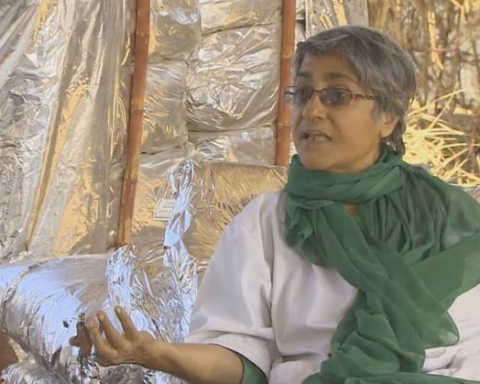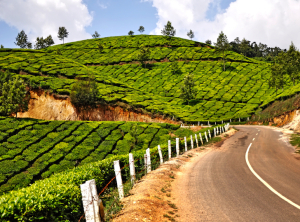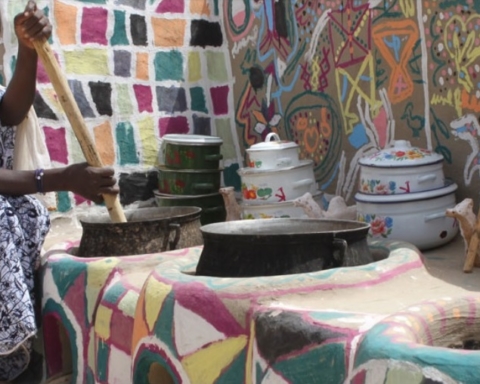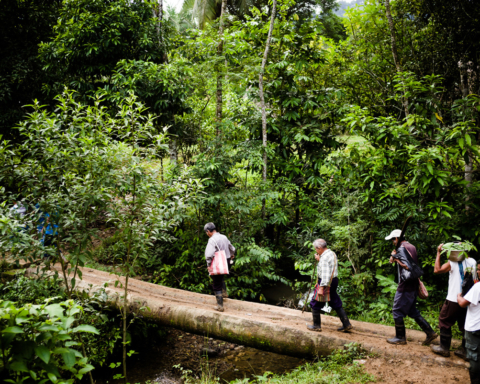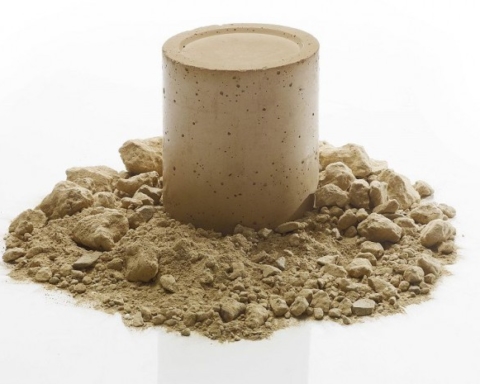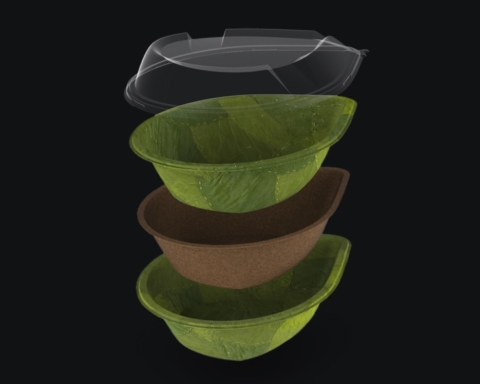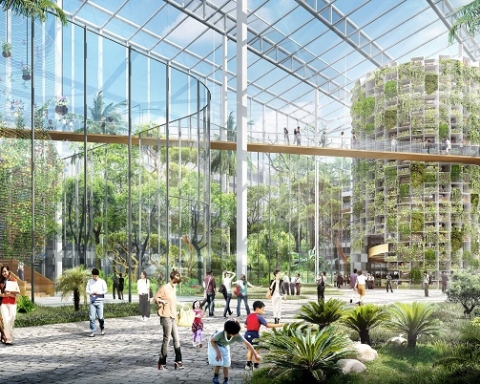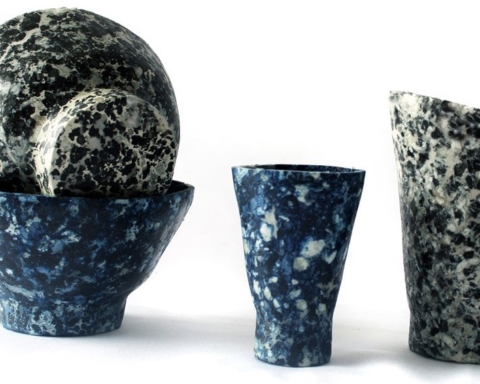In India, the government identified two major problems: youth unemployment and poor air quality. Fortunately, they found an innovative solution that kills two birds with a stone. The government has thus devised a plan whereby 300,000 young people will be recruited to plant 2 billion trees on the edges of highways.
“The length of national highways in this South Asian country is 100 000 km. I have asked officials to find a way to plant 2 billion trees throughout the length, which in turn will, on one hand, create jobs for the unemployed and on the other protect the environment, “said the Minister of Maritime Transport and Rural Development in India, Nitin Jairam Gadkari.
A recent study, published in Chemical & Engineering News, found that leaves can catch a considerable amount of polluting particles on the road, an improvement of 50%. The research, conducted in the UK, measured the level of air pollution that are found in homes in Lancaster using devices that measure dust and analyze the surface residue while separating iron particles through magnetic techniques.
Job creation and environment protection
After the first data were collected, the scientists installed a line of 30 immature silver birch trees in front of every house for two weeks. The houses with this barrier had up to less than 65% metal particle concentration, and a 50% reduction of all dust, compared to the control group. They confirmed that the hairy leaf surface trapped the metal particles after an electron microscope study.
It seems that India is trying to write a roadmap that the world could follow to help reduce pollution in large cities of the world. In only 24 hours, 800 000 inhabitants planted 50 million trees in Uttar Pradesh yesterday.



